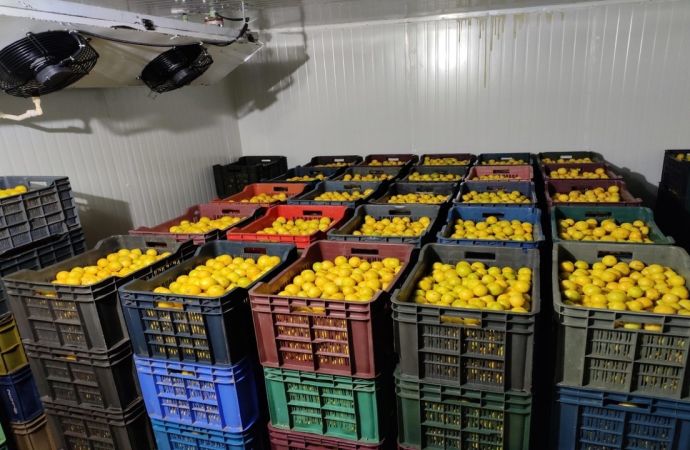Ammonia systems are making inroads into the Chinese industrial refrigeration market, heard ATMOsphere China participants.

Daiqian Zhang, Nestlé China Ltd., addresses ATMOsphere China.
End users such as Nestlé and Shandong Meijia are adopting natural refrigerant ammonia (NH3) for industrial refrigeration, helping to broaden understanding and acceptance of the technology in China, heard participants at last week’s ATMOsphere China conference in Beijing.
Swiss multinational Nestlé began replacing its CFC and HCFC systems with natural refrigerants in 1986. Today, its commitment to adopting natural refrigerants for HVAC&R applications wherever possible is helping to bring the technology to new parts of the world – like China.
About 90% of Nestlé’s refrigerant charge – and potential risk in terms of direct refrigerant emissions – is attributable to industrial applications. Commercial applications account for the remaining 10%.
Nestlé is already using natural refrigerants for over 90% of its industrial refrigeration needs worldwide. In the Europe, Middle East and North Africa (EMENA) region, 91% of its industrial refrigeration is provided by natural refrigerants. In the Americas – Nestlé’s biggest market is the USA – the figure is 95%. In Asia, Oceania and the rest of Africa, the firm is at 84%.
In China specifically – Nestlé’s second-largest market – the firm uses packaged ammonia chillers in many of its refrigeration plants, Daiqian Zhang, from Nestlé China Ltd., told the ATMOsphere China conference in Beijing.
Ammonia chillers provide chilled water for process cooling and for humidity and temperature control in hygienic zones, for example, while larger ammonia systems are used for freezing ice cream.
Nestlé has installed ammonia refrigeration systems in its Hong Kong, Shuangcheng, Tianjin and Guangzhou factories, and packaged ammonia chillers at sites in Qingdao, Shanghai, Tianjin and Taizhou.
The success of these installations is helping Nestlé to convince local governments unfamiliar with ammonia that this natural refrigerant can be used safely, Zhang said.
Meanwhile the Shandong Meijia Group Co. Ltd., a leading Chinese seafood and frozen food processing company, opted for an ammonia-CO2 cascade system in its Keyuan factory.
Xiaohua Guo, the group’s executive vice-president, outlined four “tangible benefits” of the new system: increased safety, increased energy efficiency, its environmentally friendly operation, and the use of automatic or remote controls reducing the need for manual labour.
The first ever ATMOsphere China conference on natural refrigerants took place in Beijing from 9-11 April.
Related stories



